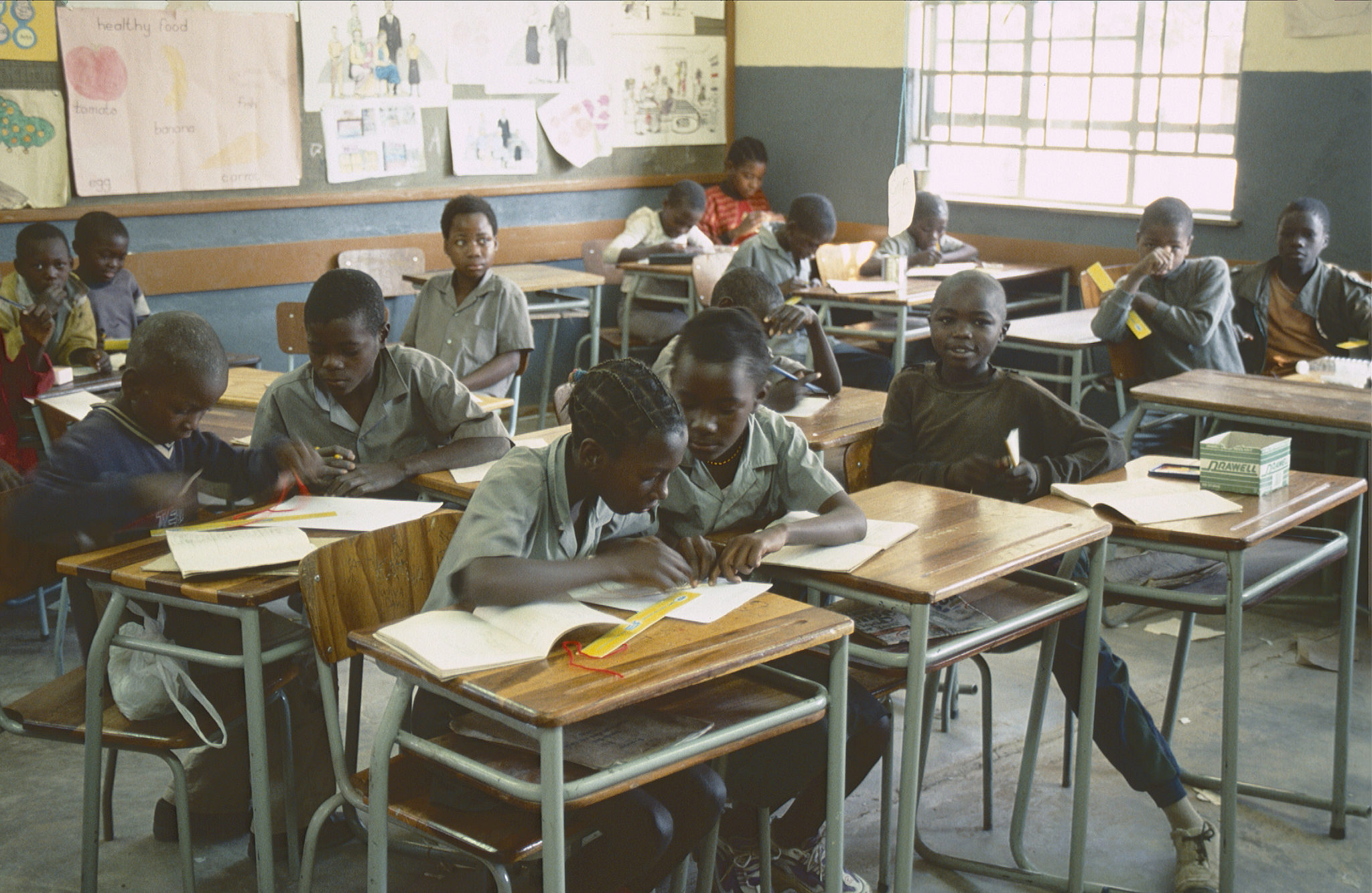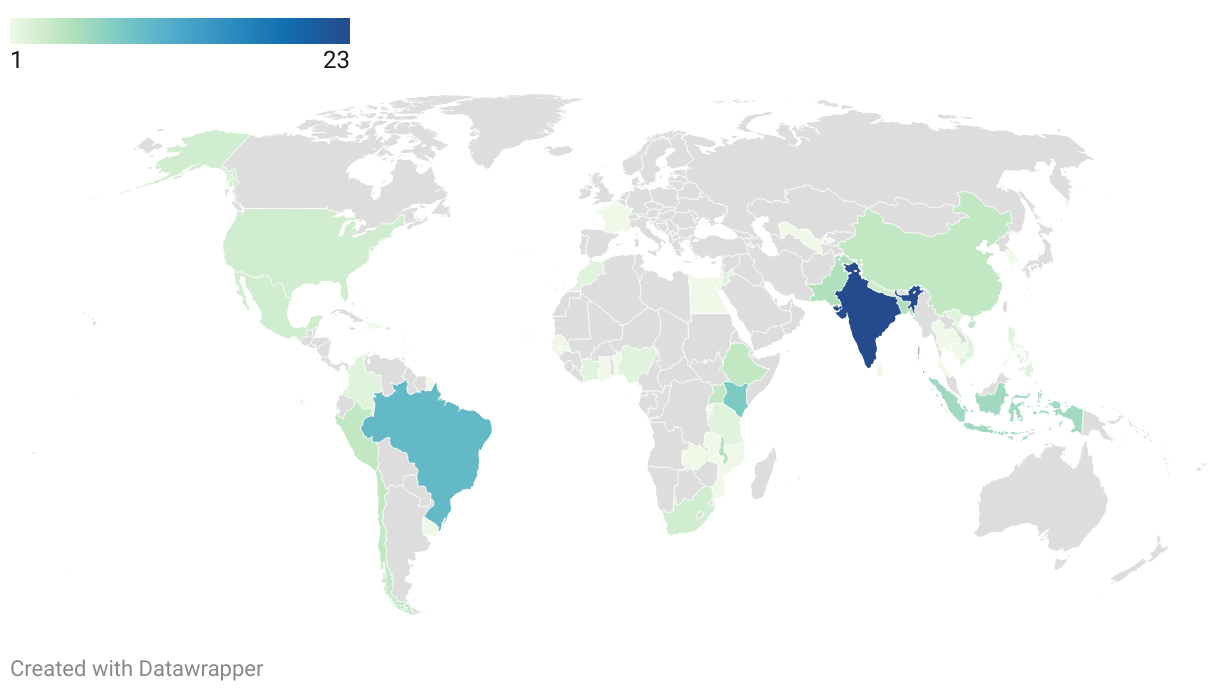The Washington Post’s Howard Schneider pithily summed up the World Trade Organization (WTO) agreement reached in Bali over the weekend thusly: “[Ministers] didn’t walk away with much. But at least they didn’t walk away mad.” The Bali package included agreements to facilitate trade by modernizing customs procedures and to ensure that minimum access for agricultural imports subject to quotas is achieved in practice. On food security, there was, at the end, a resolution of the dispute over a “peace clause” that will allow India to shield its food stockholding program from trade challenges for at least four years.
Ministers also agreed to restrain their use of export subsidies and to improve market access for least developed countries (LDCs), but that language is merely hortatory and includes no binding obligations (aside from some monitoring and transparency measures). US negotiators declined to take advantage of the opportunity to lead on trade and development issues in Bali by embracing duty-free, quota-free market access for LDCs and food aid reform. The EU refused to bind the elimination of export subsidies that its own agricultural reforms have rendered nearly obsolete.
The deal, which almost failed due to differences between the United States and India over the terms of the food security agreement and then because of demands from Cuba to address the long-standing US embargo, is thus a far cry from what was envisioned when the Doha Round was launched more than a decade ago. But it was hailed by Director-General Roberto Azevedo as putting the WTO back in business and by European Union Trade Commissioner Karel Degucht as saving the WTO because the implications of yet another failure to agree on something would have been so much worse.
Beginning to restore the WTO’s credibility is certainly a welcome outcome and the trade facilitation agreement could be economically significant if countries implement it effectively. Even as delegations were celebrating the success, however, US Trade Representative Michael Froman and other Pacific-rim ministers were jetting off to Singapore to try and wrap up key pieces of the Trans-Pacific Partnership regional trade agreement. And US and EU negotiators meet the following week for the next round of the Transatlantic Trade and Investment Partnership negotiations. In other words, the WTO still has a long way to go to regain its position at the center of the trade universe.
Back in May, I greeted the new Director-General with a to-do list for reviving the WTO that urged him to salvage whatever he could from the Doha Round in Bali, then declare victory and move on. Against long odds, DG Azevedo managed to pull off a deal in Bali, but in his final statement to the ministers he clung to the hope (delusion?) of completing the broader Doha Round. I’m afraid that I simply disagree that the effort required to get a small package out of Bali signals the commitment of members to conclude the broader Doha Development Agenda.
I argued here that declaring an end to the Doha Round should not mean abandoning efforts to address rich country farm subsidies, discipline fishery subsidies, or liberalize services markets around the world. But the negotiating agenda, which was set more than a decade ago, needs to be updated and repackaged, as does the process for negotiating with such a large and diverse membership. The WTO is supposed to develop a work program for the next year. The outcome of that process will tell us whether the WTO will finally move into the 21st Century, or remain stuck in the past.
CGD blog posts reflect the views of the authors, drawing on prior research and experience in their areas of expertise.
CGD is a nonpartisan, independent organization and does not take institutional positions.





